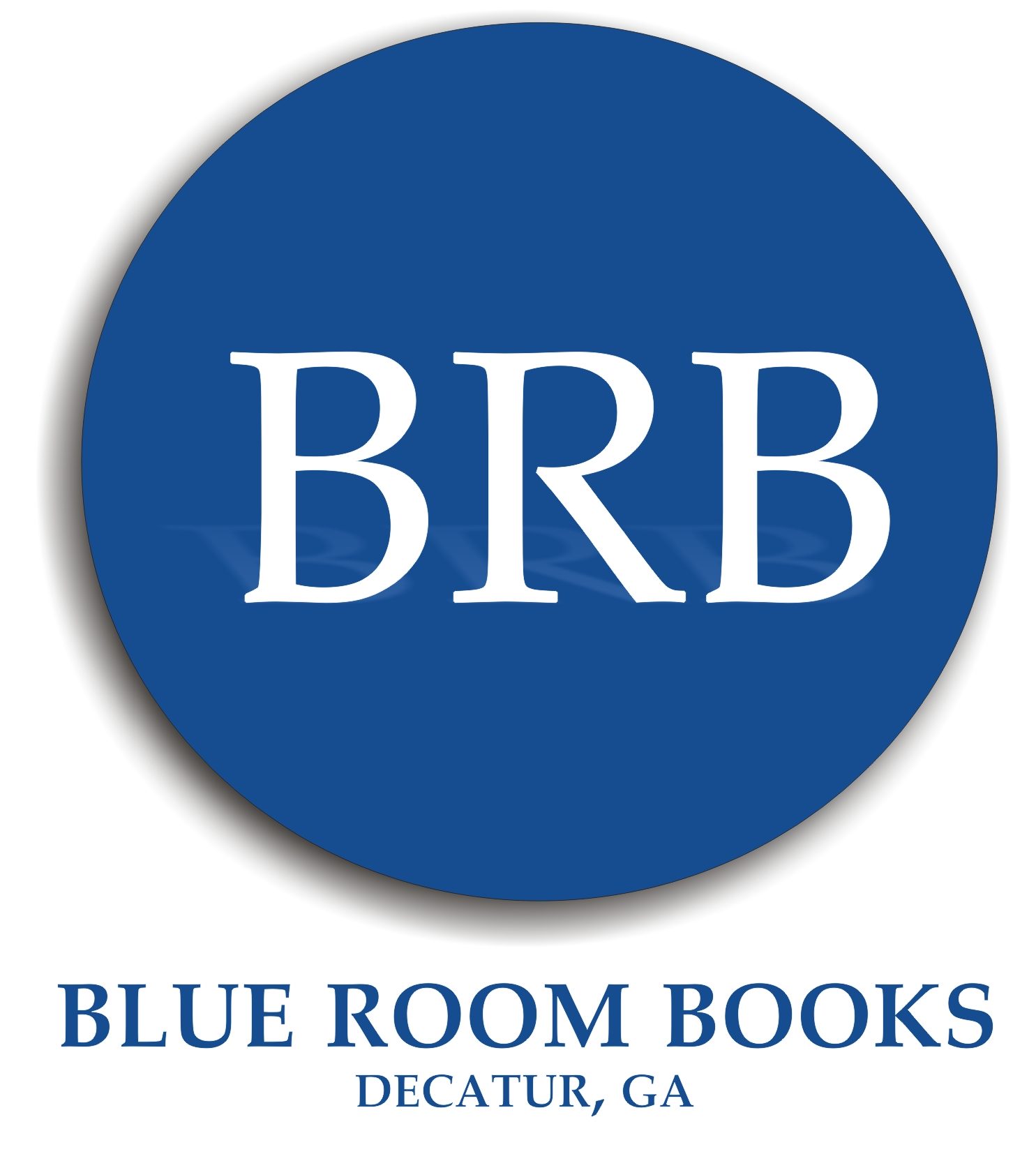Across the board in creative endeavors something interesting is happening. Folks are getting to be about 55 or so, thinking of or are retiring, and getting back into the thing they loved before the kids came along and the bills piled up and their time was not their own in that thing we call Life.
Whether it is music, writing, sculpture, painting, pottery, dance, and more, you will find many “of an age” mingling with young folks just getting into that creative endeavor. For some, writing a book or two is just a hobby. They don’t really intend to make it a business. Thinking about the bygone golden years of publishing when authors became stars. They dream of their book being:
- rep’d by an agent,
- sold to one of the Big 4,
- making the best seller lists,
- selling like crazy domestically,
- translated into multiple languages and selling internationally to wild acclaim,
- made into a movie or two or three.
Bring on the mailbox money! From your mouth to God’s ears, right?
Well, firstly, the business was never exactly like that. As we learned from the recent Hemingway documentary, his lavish lifestyle was mostly due to having a series of rich wives. Secondly, the old saying “make hay while the sun is shining” applies in this business. Much marketing of personalities went into the making of the myths. Hemingway used his marketing myth to get money for product endorsements. Nothing much has changed there.
Still, much hard work by many people went into the writing, editing, printing, marketing, distribution, tracking of inventory, and sales of most books. Starting in the late 1980s, though, the book business began to change. Tired of being shut out and stolen from, the age of the Indie Author and Indie Publisher began and has not abated. Technology has made the publishing of a work easy; distribution via print-on-demand methods has made it within the affordable reach of millions. (Marketing of a book is a whole other subject. It is a bugaboo, a thorn in our paws, a never-ending challenge.)
Unfortunately, too many authors, having written a work, tire out and don’t do the necessary boring work of thorough and multiple edits and rewrites. Not only that, they are also unwilling to pay for it, too. Many will not take any advice when it comes to punctuation, sentence structure, flow of the material, etcetera. They see any question as an assault on their baby.
I want to scream when I hear “Well, I [or my spouse, significant other, best friend, or sibling] have a degree in English and have already edited the book.” Or “My wife edited my book. She has a degree in English. She’ll get her feelings hurt if I let anybody else edit it.”
Then these authors are not in business. They are in hobby. True, there are some creative outputs that are simply for making the creator happy. Enjoy the process! It is wonderful to have a hobby one enjoys.
The business of book publishing, though, requires another mindset. Sorry to say, but one may still not see a profit from all that hard work. All business endeavors are a crapshoot.
I have always had an allegiance to words in whatever form they take. I hate advertising language that reeks of the weasel. Since it has always been a moving target, I detest rigid rules of punctuation for rules’ sake. [See Part 1 of this series].
As a writer in many categories (business, children, non-fiction, memoir, humor, and fiction), my goal is to teach and/or entertain but always challenge the reader and tell it well.
As an editor my goal is to make a book the best it can be. One that, when a grandchild finds it on a shelf and reads Grandma’s or Grandpa’s book they will be proud of how good it is, not embarrassed about it.
As a small publisher it is to bring to life high-quality books the Big 4 will not touch. Blue Room Books has published history, music business memoir, fiction, and more, some not easily categorized. We may or may not make a profit on these, but damn it all, when they go into the world they will be equal to or better than offerings from the big houses.
So, as asked in Part 4, I ask again:
Why do you write?
Author, editor, publisher, and more: learn about Angela K. Durden here and here and here.
